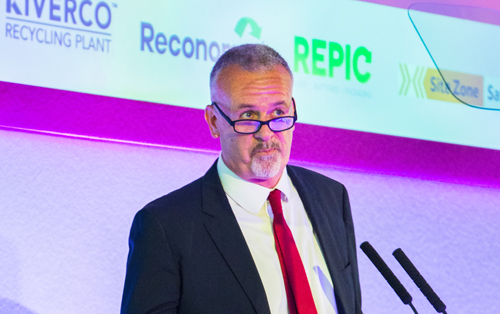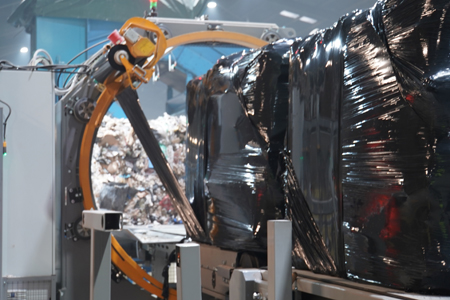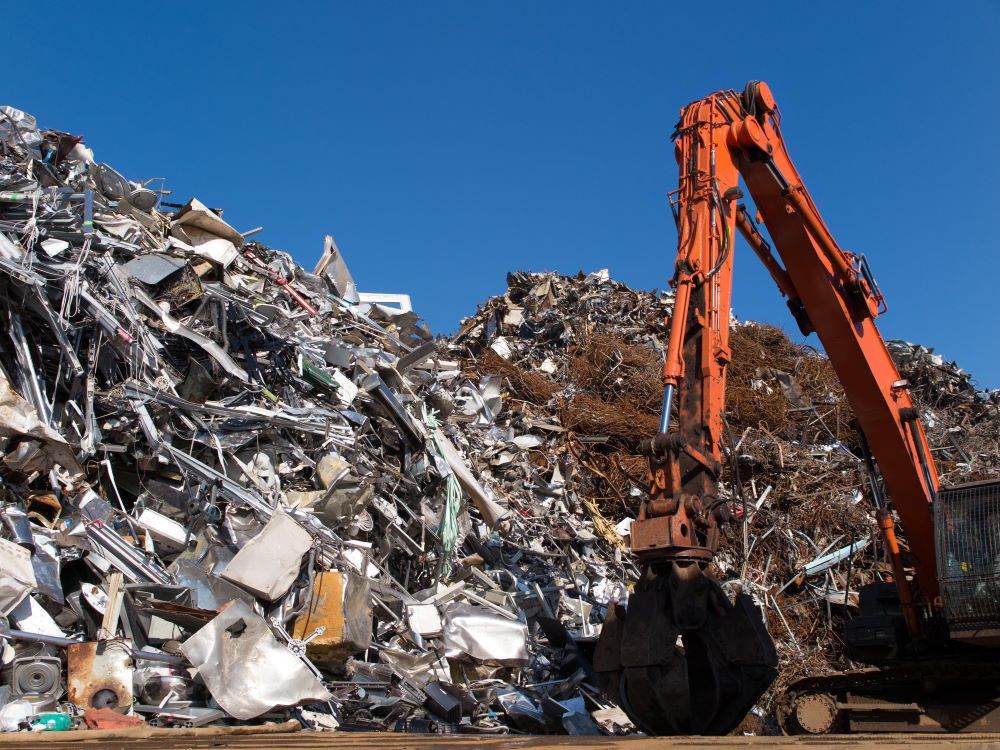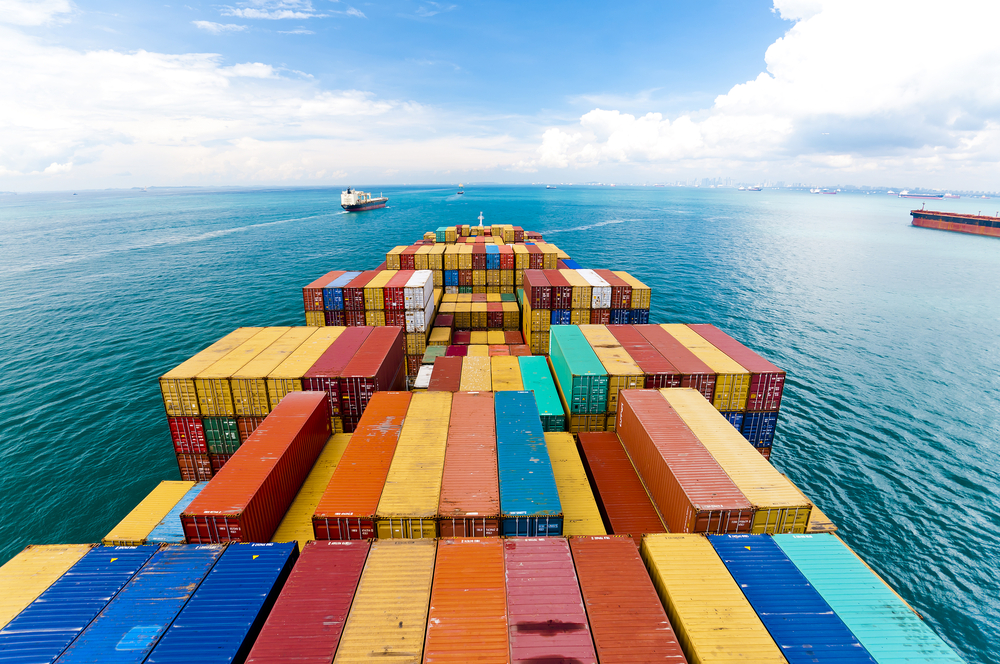Sir James Bevan made his comments during a webinar on waste crime hosted by the Environmental Services Association on 12 April (see letsrecycle.com story).
He said: “I think we should set ourselves the challenge of getting as soon as possible to a position where we process all our waste at home and end all waste exports.”
Sir James claimed this would end the damage caused to the UK’s reputation by illegal exports and mean there was no longer any scope for criminals to exploit the system.
Ending exports would also drive more recycling, innovation, and new business in the UK, he said.
In response, the Recycling Association told letsrecycle.com that there was not enough capacity in the UK to recycle all material domestically due to the amount of packaging the country imports.
The RDF Industry Group described the proposal as “ill-conceived”, saying it would “destroy” the global trade in resources recovered in the UK, while doing little to address the problem of waste crime.
The British Metals Recycling Association (BMRA) said there were not enough furnaces in the UK to recycle all the scrap metal the country produces.
Imports
The Recycling Association is the trade association for the paper recycling sector and other UK recycling companies.

Dr Simon Ellin, the association’s chief executive, described Sir James’s proposal as “daft”, saying it overlooked the fact that the UK imported lots of packaging materials from Turkey, China, and several European and Southeast Asian countries.
“What he fails to acknowledge is why we export ‘waste’ or commodities for recycling,” he said. “It’s because we import so much packaging.”
Dr Ellin said exporting material overseas was in effect “sending it back to where it came from”, while contrary to popular belief the technology in paper mills in South Asia usually meant waste would be recycled in a compliant manner, often to a higher standard than in the UK.
“If the material is good and clean, it is a fantastic example of a circular economy,” he said. “There is zero environmental risk.”
Dr Ellin said the UK would never have the capacity to recycle all material domestically if it banned exports without also banning imports.
Criminals
Saying he would write to Sir James on behalf of his members, Dr Ellin called on the governments of the UK and their regulators to be “much smarter” in who they regulate and how.
He went on to cite the case where waste management company Biffa was fined £1.5 million after being found guilty of breaching regulations over the export of mixed paper to Asia in 2018 and 2019 (see letsrecycle.com story). The material contained an average of 0.9% non-paper contamination, Dr Ellin said, while EN643, the industry standard, allows 1.5%.
“Does anyone really believe that Biffa – a big, corporate organisation trying to do the right thing – are the waste criminals here?” he asked.
Dr Ellin also suggested Sir James’s comments ignored what the recycling sector was doing to assist the regulator and become more transparent. He cited the example of Traqa, technology which digitises waste tracking to prove that exports are legitimate and compliant.
Enforcement
The RDF Industry Group represents 33 organisations across the European waste-derived fuel supply chain.

It said a “ban on exports” risked leading to environmental and economic impacts “that run counter to the EA’s mission to protect the environment and contribute to economic growth.”
It claims RDF export is already “highly regulated”, with a requirement on operators to place financial bonds with the Agency to cover the full cost of recovering the waste.
The RDF Industry Group says it has developed an industry-led Code of Practice covering the full supply chain to which all its members adhere.
Andy Jones, chair of the RDF Industry Group, said: “The EA is struggling to tackle the important issue of waste crime, but instead of looking at its own failings, it proposes an end to compliant waste export. This will disrupt material recovery and likely increase domestic waste crime.”
He added: “Banning law-abiding activities because criminals are stealing our business makes no sense.”
‘Completely impractical’
Antonia Grey, head of policy and public affairs at the BMRA, said the UK generated 9 million tonnes of scrap metal each year but could only use 2 million tonnes at most, making banning exports “completely impractical” unless there was an increase in the number of furnaces and the means to process scrap.

“A ban won’t drive innovation without significant investment,” Ms Grey told letsrecycle.com.
Ms Grey also suggested a ban would not deter criminals, who would continue to misdescribe the contents of the containers they export. She said: “Criminals will continue to misdescribe waste and exploit the system.”
Instead, she suggested, the Environment Agency should carry out “more vigorous” enforcement at ports.










Subscribe for free